By Chen Tianhao
Multiple top leaders from Arab countries paid state visits to China and attended the opening ceremony of the 10th Ministerial Conference of the China-Arab States Cooperation Forum, which attracted the attention of the global community. It marks closer China-Arab ties and new opportunities for bilateral cooperation. During an interview, Dr. Nadia Helmy, associate professor of political science at Beni Suef University in Egypt, said that the importance of this visit remains an opportunity for both parties, in light of both China and Egypt facing enormous opportunities and challenges, and each must support the other with regard to basic interests and major concerns.
According to Helmy, China and Egypt both are prominent members of the Global South. And the economic development in Egypt needs reliable partners such as China, and Chinese investments in Egypt contribute to its development in various social and economic fields, while also strengthening the international market’s confidence in Egypt.
In addition, Helmy took the examples of the Arabic Arts Festival, China-Arab Women's Forum, China-Arab States Expo etc., to speak highly of these mechanisms within the framework of the China-Arab States Cooperation Forum. “It contributed to enhancing intellectual and cultural exchange and facilitating the dialogue of civilizations between the Chinese and Arab sides,” Helmy said, “and there is a consensus between the two sides to reject the “clash of civilizations” theory and civilizational superiority promoted by the U.S. and its Western allies, and to support the transition to a multipolar world.”
Speaking of the Belt and Road Initiative (BRI), Helmy mentioned that its success over the past decade is based on its basic principles of broad consultation, joint contribution, and mutual benefit that drive the achievement of multilateralism as well as fair and just global governance.
She explained that the BRI created development conditions for the Global South and Arab states. It improved infrastructure, attracted foreign direct investment, propelled economic growth, accelerated regional and global integration, and strengthened people-to-people exchanges between China and the Arab countries and all countries of the Global South, with the example of China’s establishment and management of industrial zones in Arab states and Khalifa Port, the Port of Djibouti, and Port Said.
In the end, Helmy stressed that Arab states agreed with China to build a China-Arab community of common interests and community of common destiny. She believes that Arab states view China as a trustworthy partner, with the Arab countries and China adhering to the purposes and principles of the UN Charter and their important roles in international affairs. At a time when the Middle East faces severe challenges to peace and stability, the Arab side expects to strengthen communications and coordination with China in order to jointly promote peace and stability as well as development and prosperity in the region, and find a just solution to the Palestinian issue.








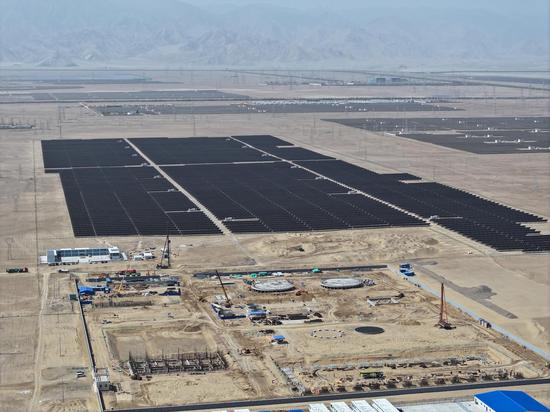


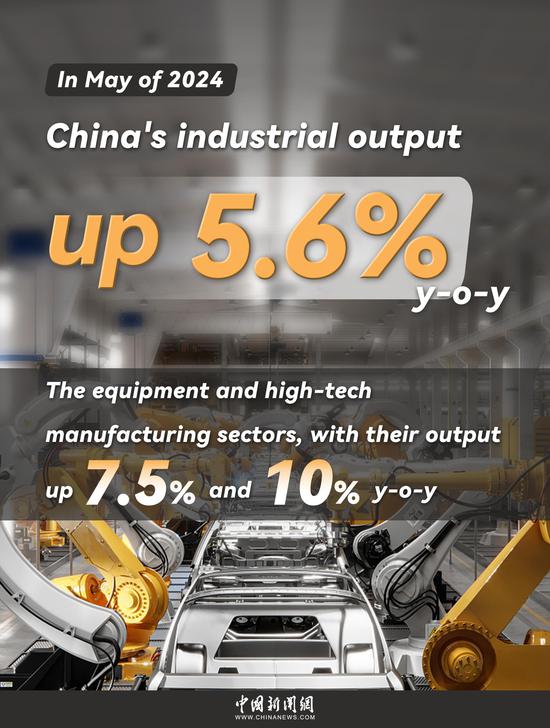
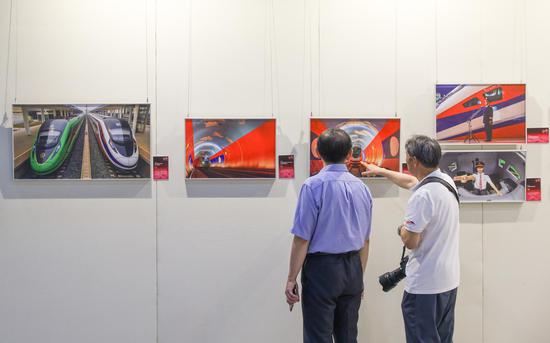
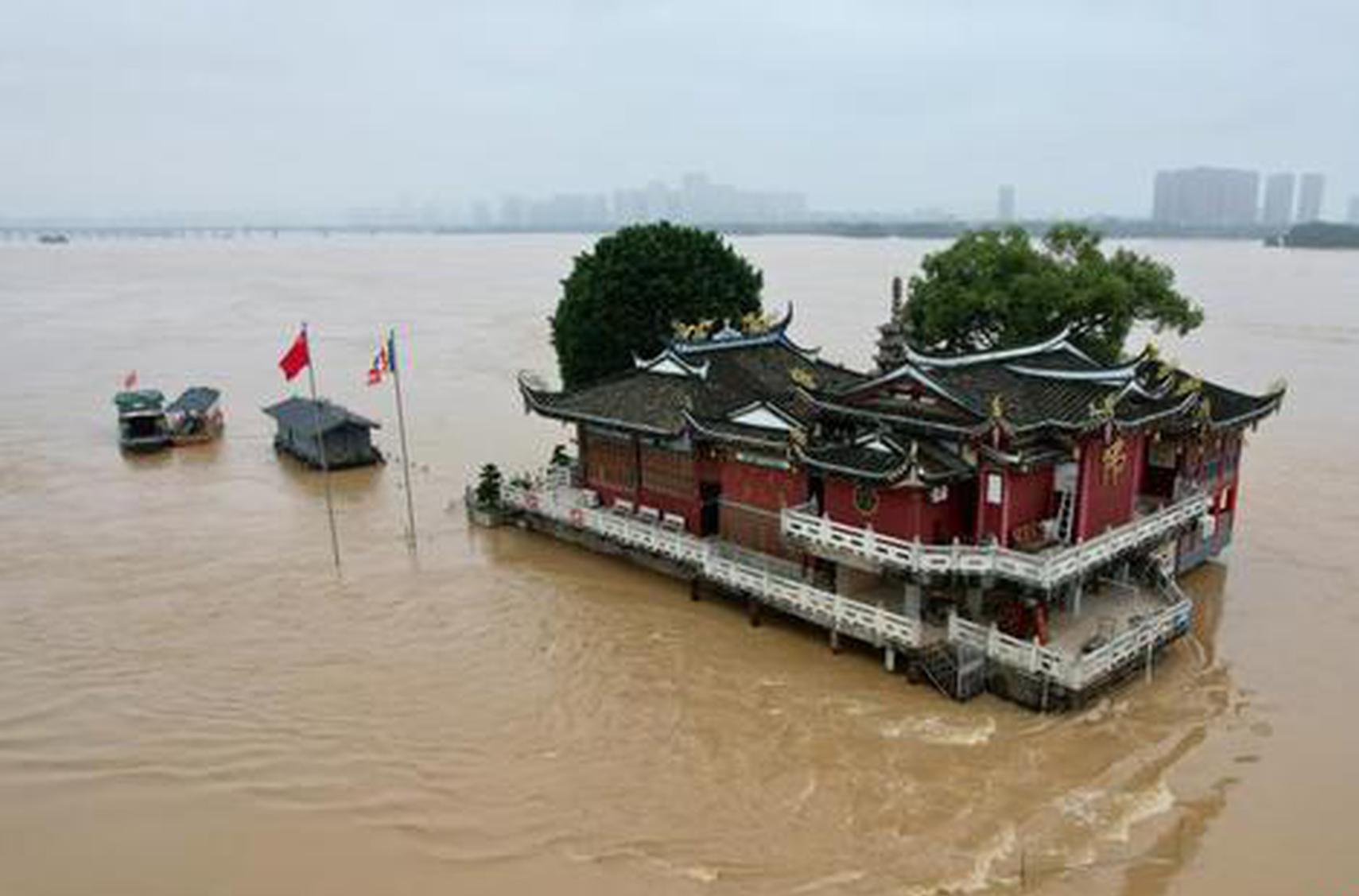


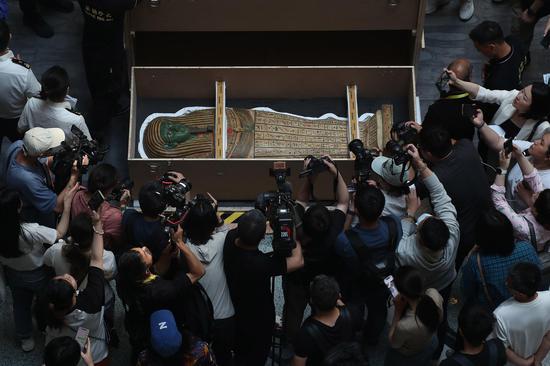

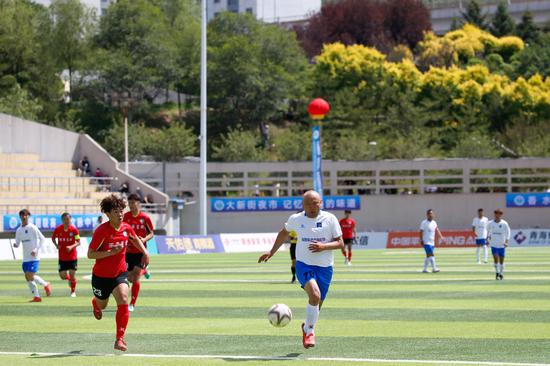
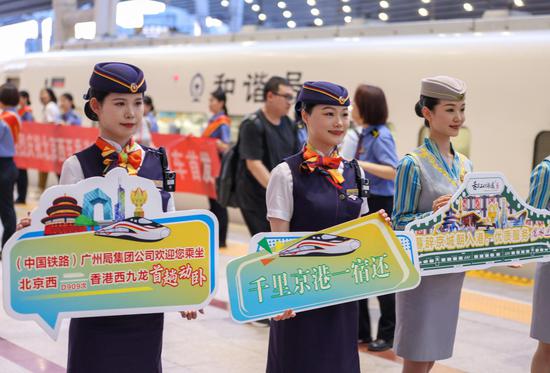



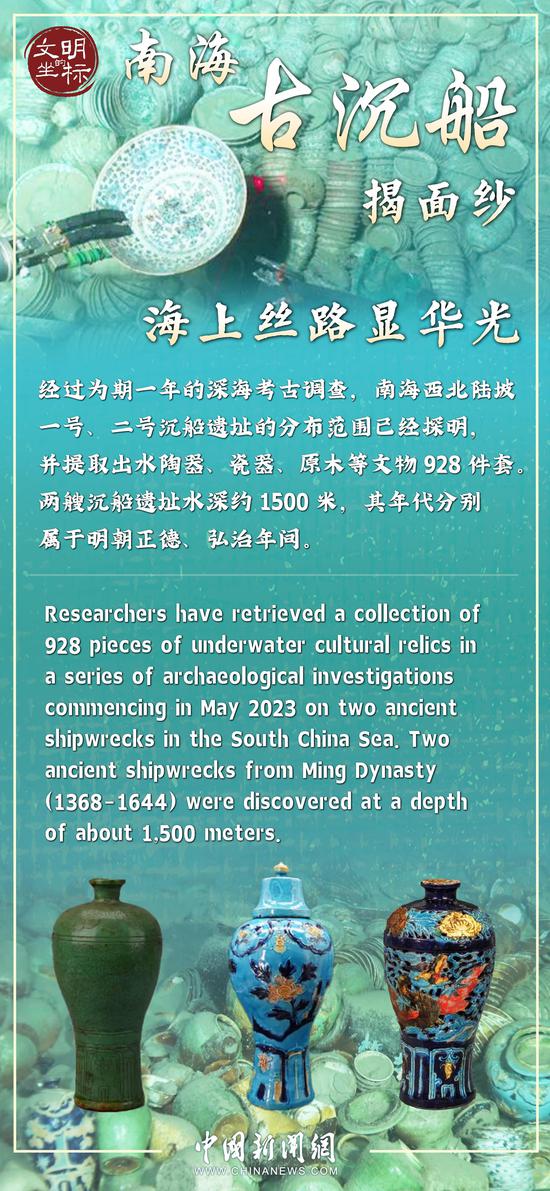
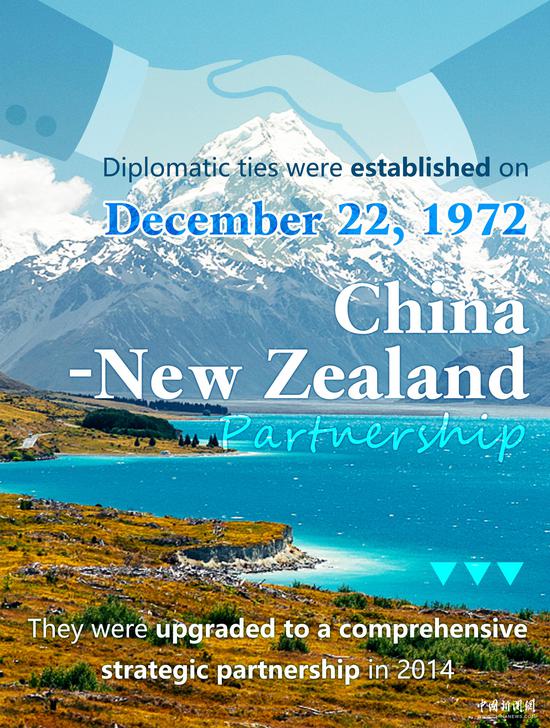
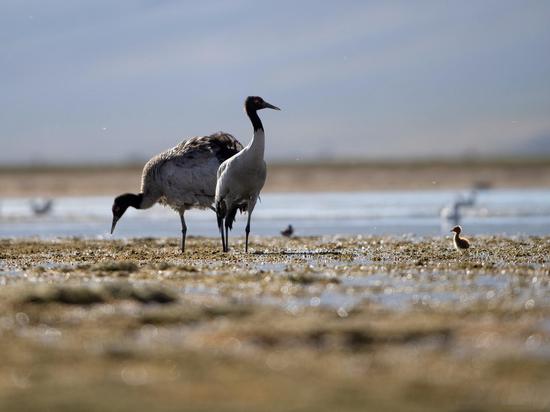
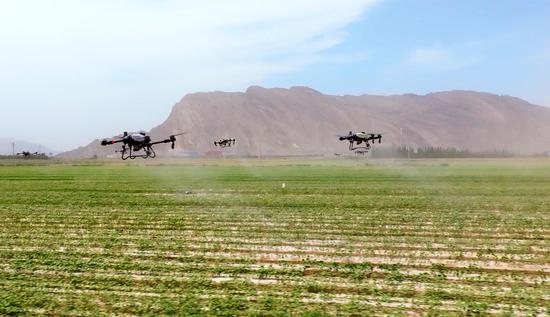

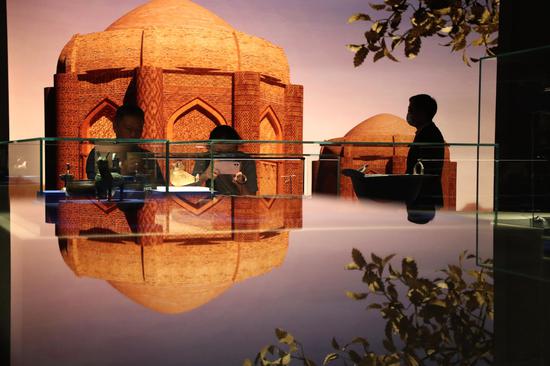

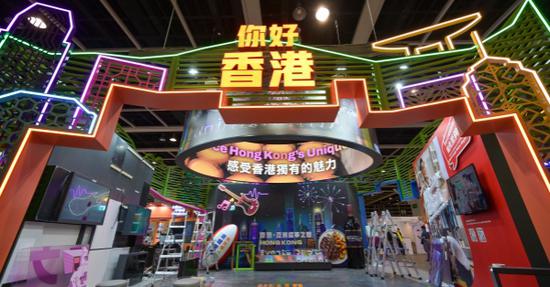
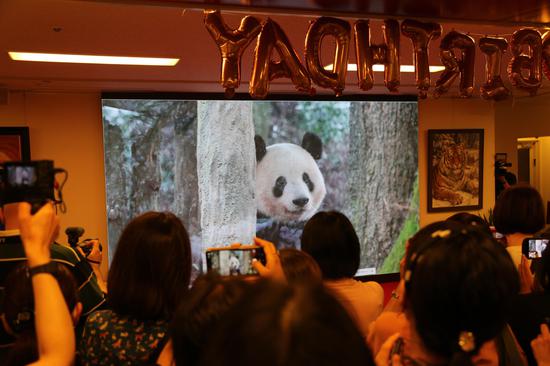
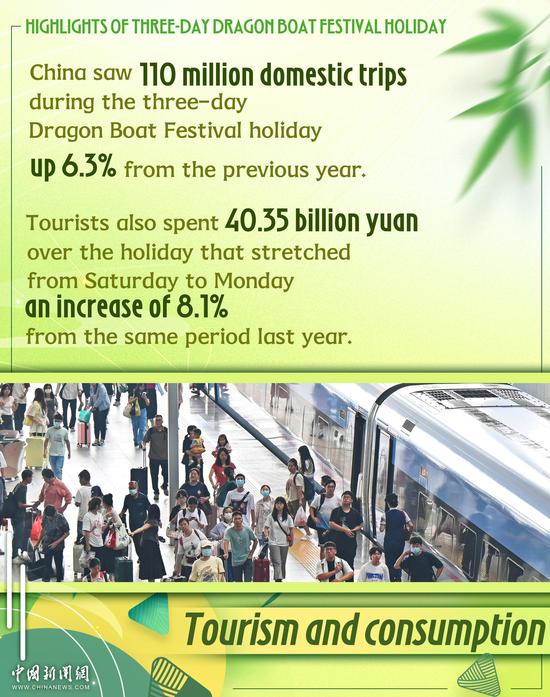
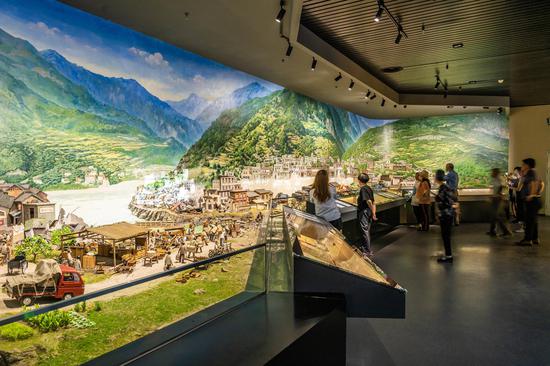
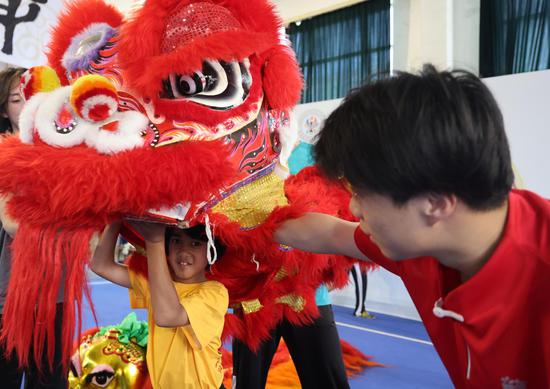
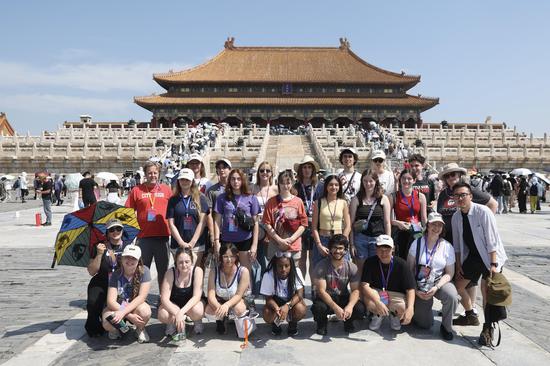
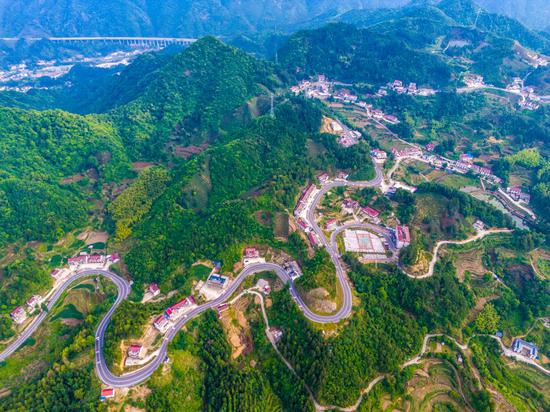
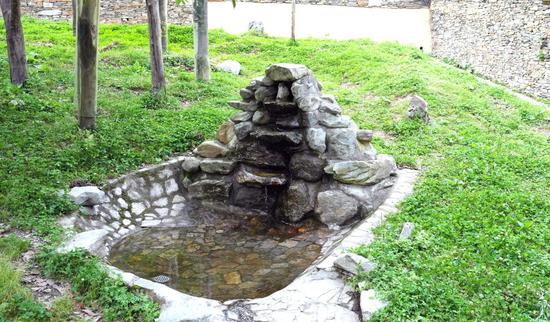

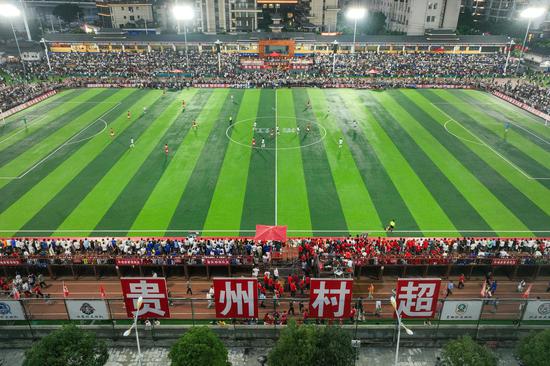


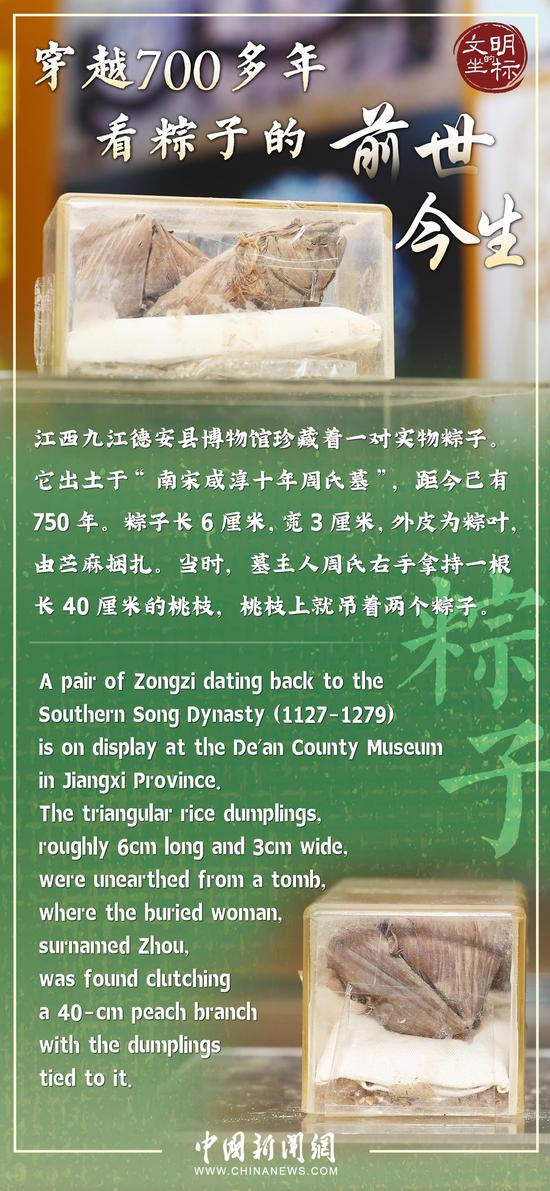

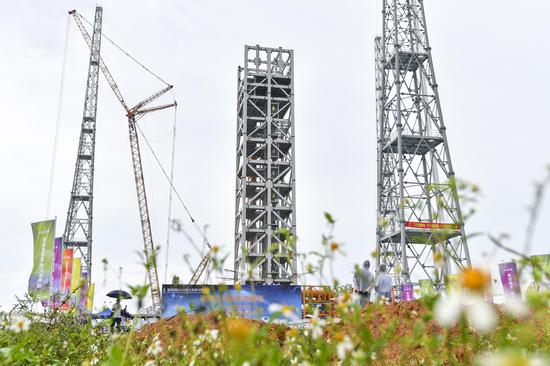





 京公网安备 11010202009201号
京公网安备 11010202009201号